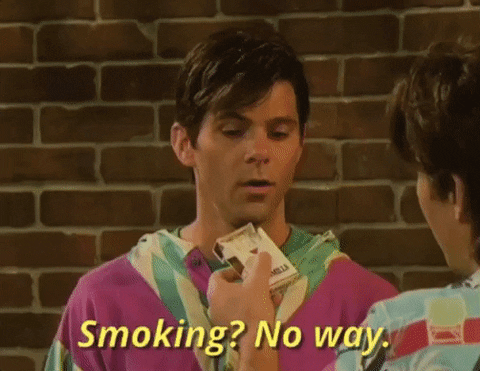Is Nicotine the New War On Drugs?

This week the FDA put a hold on its JUUL ban one month ago. After reviewing JUUL’s applications for 22 months, the FDA declared its ban on JUUL products. Subsequently, JUUL sued the FDA because the FDA missed 6,000 pages of toxicology reports that might show that JUUL was well within the established product safety lines. The FDA review of JUUL’s application has more to do with the chemicals in the cartridges than the more publicized teen safety debate. In 2018 and 2019 JUUL pulled all of its flavors that marketed vapes like candy. The status today is that JUUL products are back to normal, while the FDA re-evaluates the applications. Suspending the JUUL ban also suspends JUUL’s pending lawsuit against the FDA. This turn-about face is a bad look… even for the FDA. It appears like the FDA made a rushed decision based on political pressure, then got sued, then said just kidding. All from the same agency that has shouldered no responsibility for facilitating the opioid crisis or baby formula shortage. Meanwhile, Biden seeks to limit the amount of nicotine in regular cigarettes and bans on menthol cigarettes have been proposed to be less appealing to black smokers (is it racist?). Vaping is actually far safer and more “clean” than cigarettes that are treated and packed with carcinogenic chemicals. Biden’s approval rate among 18-34 year-olds is already at 22%, and adding extra restrictions may not help with that. According to the New York Post, Biden’s 38-year-old daughter was recently photographed enjoying a vape on the beach with Jill Biden and Sean Hannity has been seen vaping as well.
Consequences: Big Tobacco is prepared to pivot if these regulations are put in place. For example, when clove cigarettes were banned, they just got new packaging that says, “little cigars”. Pushing the tobacco underground may actually give tobacco companies more money. People will pay more for illicit tobacco products. With nicotine restriction – smokers will likely consume more cigarettes to maintain the amount of nicotine they are used to. In the case of banning menthol, is it possible that targeting the preferred cigarette of black users will lead to an increase of police “cracking down” in black communities? According to an investigative piece in Reason Magazine one outcome of these new regulations could be that, "tobacco policy will no longer be the responsibility of regulators regulating, but police policing. Our experience with alcohol, opioid, and cannabis prohibition teaches us that that is a policy disaster waiting to happen, with Black and other communities of color bearing the brunt."